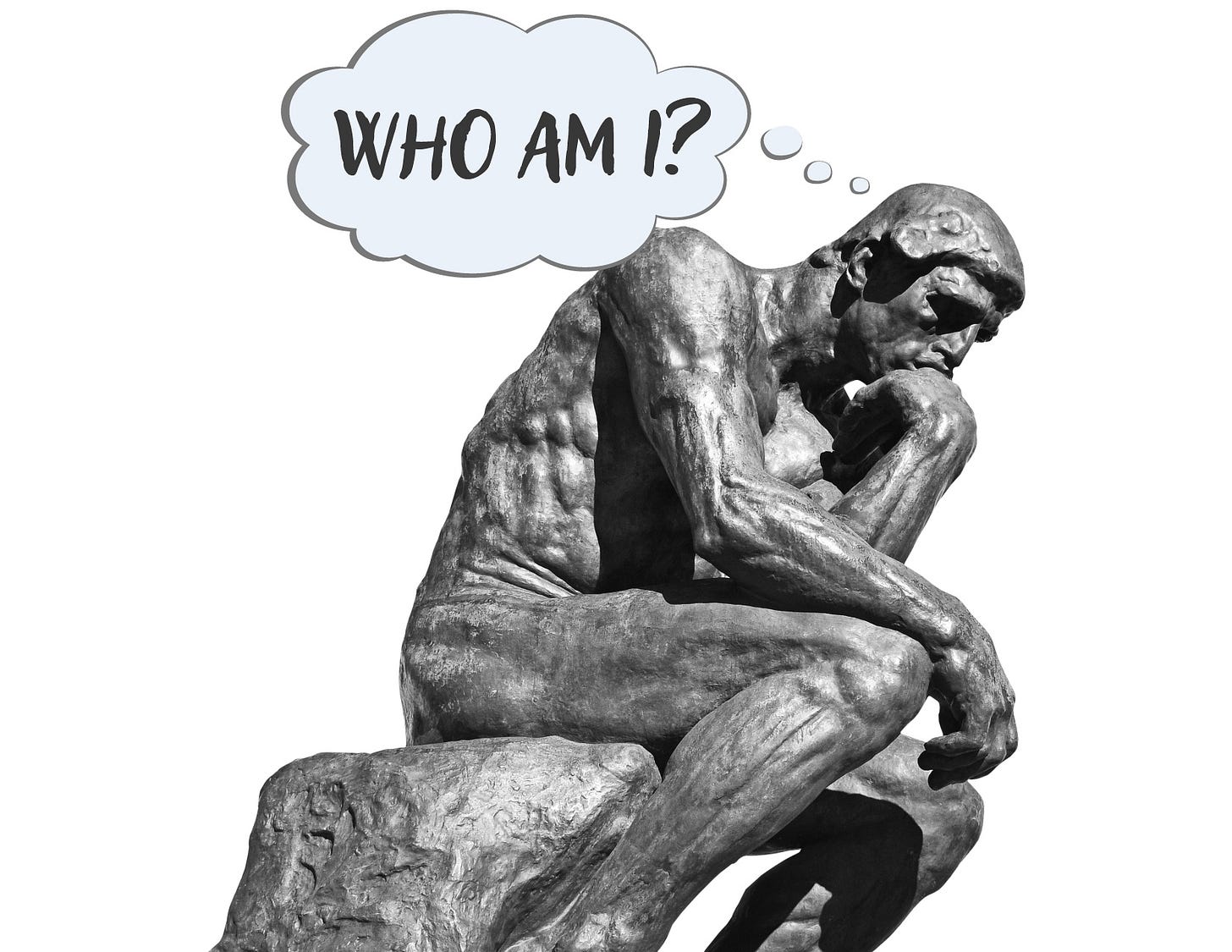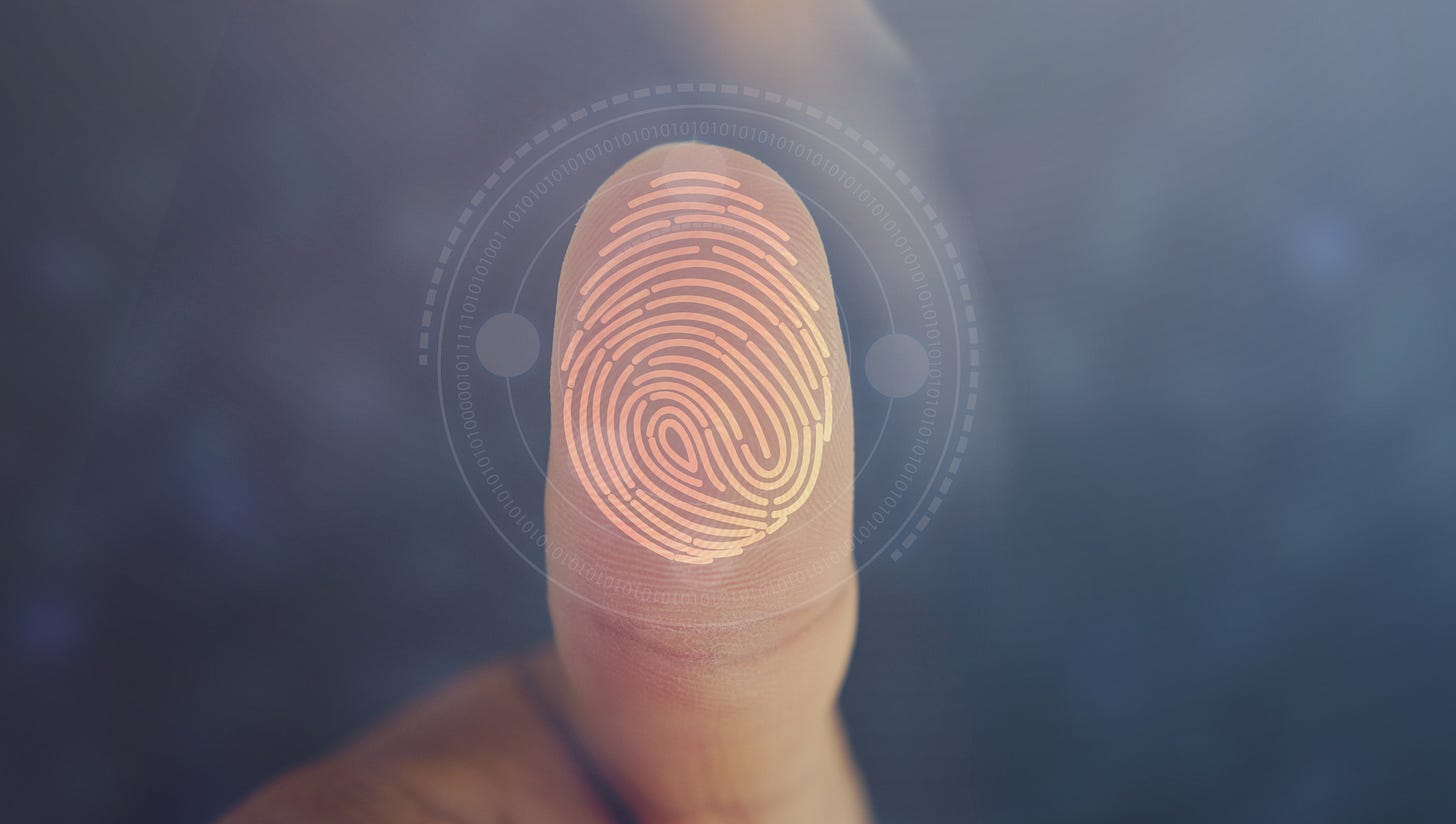Reversing an Identity Crisis
Finding ourselves involves both remembering and discovering who we truly are
Introduction
Identity has become a rather embattled topic in today’s world, with many people struggling to define who they really are. Whether it’s a mid-life crisis, a quarter-life crisis, or a moment of deep self-reflection, losing a sense of identity can be unsettling. A shaky sense of self leads to confusion, stress, and uncertainty that can permeate nearly every aspect of our lives. In this article, we’ll explore how identity works and how to reclaim a strong sense of self.
Understanding Identity: The Two Parts
Identity fundamentally consists of two distinct aspects:
Core Identity: This is the essential, unchanging part of who you are. Researchers at Stanford have found that certain aspects of a person remain constant from birth to death. They call these aspects the "essential self." At Mountainside, we call it your “core identity.” It is:
A collection of fundamental truths about who you are.
Unaffected by mood, age, or circumstances.
Wholly, completely, and inherently good.
In some ways, it’s like a fingerprint; it remains constant even as you grow and change.
Character: This is the part of your identity that evolves over time. It is shaped by experiences, choices, relationships, and social influences. Unlike the core, character is:
Malleable and ever-changing.
A mix of strengths and weaknesses.
Influenced by upbringing, culture, personal growth, and other factors.
Many identity crises occur when people confuse their character and core. When a key aspect of their character shifts—due to things like a career change, the end of a relationship, or a major life transition—they feel lost because they’ve mistakenly defined themselves by something impermanent.
Why Identity Crises Happen
Identity crises often arise from one of the following causes:
Trauma or Major Life Changes: A job loss, divorce, injury, or other disruptions can shake your sense of self if you’ve tied your identity to these roles.
Gradual Confusion: Over time, people absorb labels, criticisms, or societal expectations that cloud their true identity.
Defining Yourself by Character Alone: When we identify too strongly with traits or achievements that change, we can feel lost when they shift.
The key to reversing an identity crisis is to refocus on your core identity, rather than defining yourself solely by character traits that can change.
How to Reconnect with Your Core
Rebuilding a strong sense of identity requires rediscovering and affirming your core. Here are three powerful exercises to help:
1. Look Back: Your Childhood Self
Find a picture of yourself as a young child—five years old or younger. Spend time looking at it. What words come to mind when you see this version of yourself? Perhaps you were curious, joyful, compassionate, or adventurous. These qualities are part of your core—they were there before the world told you who you should be.
2. Fast Forward: Your Future Self
Imagine yourself at the end of a long, fulfilling life. Visualize what you have accomplished and how people describe you. What values define this version of you? Are you wise, kind, resilient, or creative? These enduring qualities point back to your core identity.
3. Connect the Dots: Who You’ve Always Been
When you compare your childhood self with your aspirational future self, common themes emerge. These consistent traits reveal your core identity. They have always been present and will remain, no matter what changes around you. And remember, they’re always wholly good.
Once you identify these traits, write statements affirming your core identity. Unlike aspirational affirmations, these are fundamental truths about who you are. Repeating them helps anchor you when life feels uncertain.
Conclusion
Identity crises can be reversed—and even prevented—by distinguishing between your core and your character. Your core identity is unwavering and inherently good, while your character is flexible and shaped by life’s circumstances. Reconnecting with your core helps you gain clarity and confidence in who you are—who you've always been—whatever may be shifting in your world right now.




Love this!
Nothing feels better that rediscovering those parts of you that were there all along.